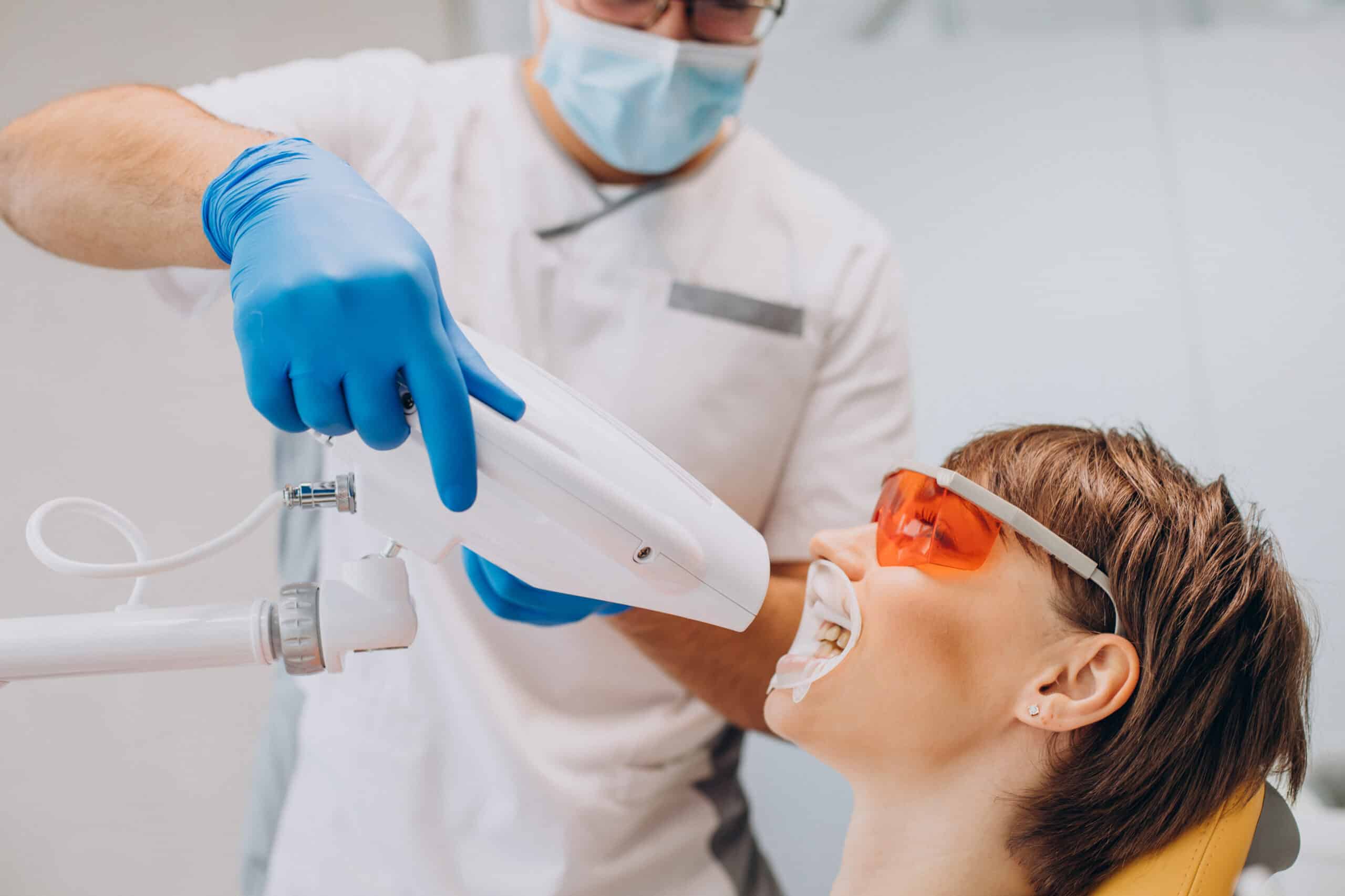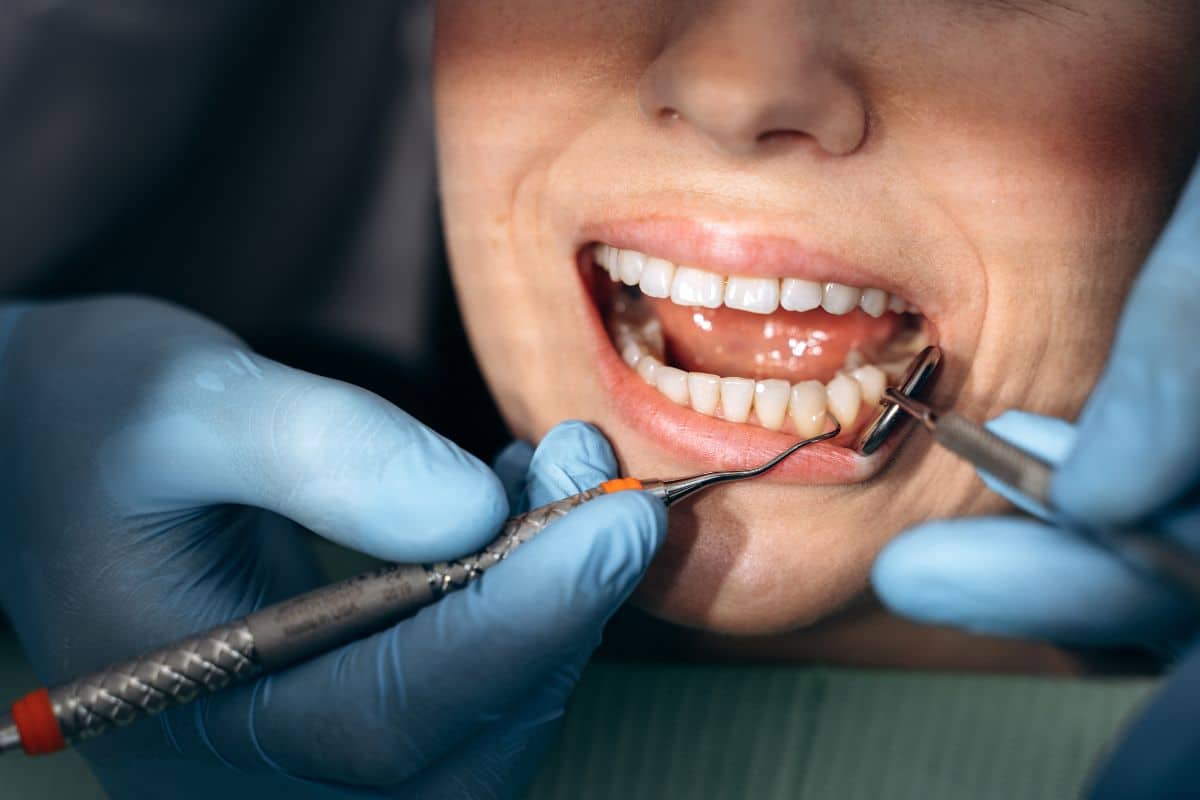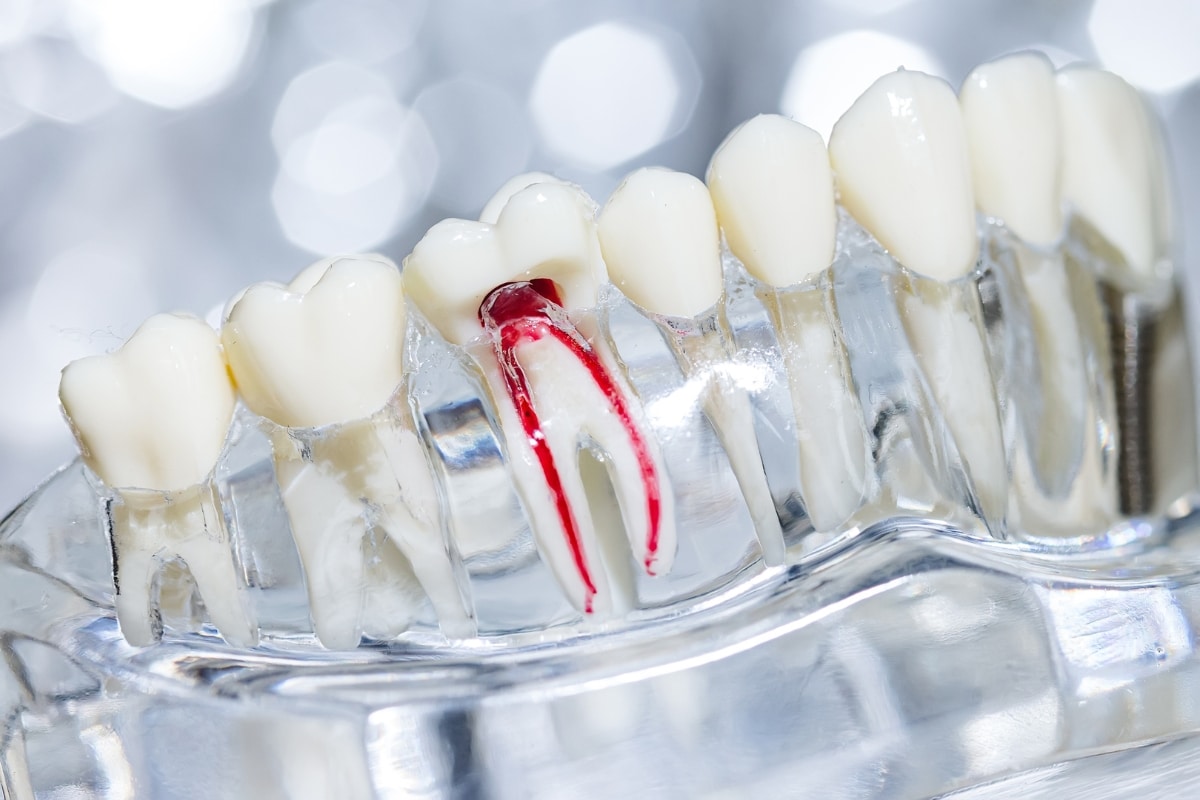
Essential Aftercare Tips For Professional Teeth Cleaning
Welcome to our blog post on essential aftercare tips for professional teeth cleaning! Taking care of your oral health is crucial, and getting your teeth professionally cleaned is an important part of that routine. Whether you’ve just had a dental cleaning or are considering scheduling one, this article will provide you with valuable information on how to maintain the best results and keep your smile shining bright. So grab a toothbrush (and maybe some floss) as we dive into the world of post-teeth cleaning care!
Why You Should Get Your Teeth Professionally Cleaned
Regular dental cleanings are a vital part of maintaining good oral health. Sure, you may diligently brush and floss at home, but even the most thorough routine can miss certain areas that only professional cleaning can reach.
Professional teeth cleaning goes beyond what we can achieve with our toothbrushes alone. The skilled hands of a dental hygienist or dentist have the expertise to remove stubborn tartar build-up and plaque from those hard-to-reach places.
Not only does this thorough cleaning leave your teeth looking and feeling squeaky clean, but it also helps prevent more serious dental issues down the road. Regular cleanings help reduce the risk of gum disease, cavities, and tooth loss.
Another reason to opt for professional teeth cleaning is the early detection of potential problems. During your visit, your dentist will examine your mouth for any signs of oral diseases or abnormalities. Catching these issues in their early stages means they can be addressed promptly, preventing further complications.
So don’t underestimate the power of regular professional teeth cleanings! They not only give you that dazzling smile you desire but also contribute significantly to your overall oral health.
How Often You Should Get Your Teeth Cleaned
How often should you get your teeth cleaned? It’s a question many people ask, and the answer may vary depending on your specific dental needs. In general, it is recommended to have professional teeth cleaned every six months.
Regular dental cleanings are essential for maintaining good oral health. Even with regular brushing and flossing at home, plaque can still build up over time in hard-to-reach areas of your mouth. This plaque can eventually lead to tooth decay, gum disease, and other oral health issues if not removed.
By getting your teeth professionally cleaned twice a year, you can prevent these problems from occurring or catch them early on when they are easier to treat. Your dentist or dental hygienist will use special tools and techniques to remove any built-up plaque and tartar from your teeth during the cleaning process.
However, it’s important to note that some individuals may require more frequent cleanings based on their circumstances. For example, those who have a history of gum disease or who smoke may need more frequent cleanings to maintain optimal oral health.
The frequency of professional teeth cleanings will depend on factors such as your overall oral hygiene habits, any existing dental conditions you may have, and the recommendations of your dentist or dental hygienist. Be sure to discuss this with them during your next visit so they can provide personalized guidance tailored to your unique needs.
Remember that prevention is key when it comes to maintaining good oral health. By keeping up with regular professional teeth cleanings along with proper at-home care like brushing twice daily and flossing regularly, you’ll be well on your way towards achieving a healthy smile for years to come
Aftercare Tips For A Professional Teeth Cleaning
Taking care of your teeth after a professional cleaning is crucial to maintaining that fresh and healthy feeling. Here are some essential after-care tips to keep in mind:
- Stick to soft foods: Your gums may be sensitive after the cleaning, so it’s best to avoid hard or crunchy foods for a few days. Opt for softer options like yogurt, mashed potatoes, or smoothies.
- Avoid staining agents: Stay away from drinks like coffee, tea, and red wine, as they can stain your newly cleaned teeth. If you can’t resist, use a straw to minimize contact with the front surface of your teeth.
- Brush gently twice a day: Don’t forget to brush your teeth regularly but be gentle when doing so. Use a soft-bristled toothbrush and fluoride toothpaste recommended by your dentist.
- Floss daily: Regular flossing helps remove any remaining food particles and plaque from between your teeth and along the gumline. Be sure to do it gently without causing any damage or bleeding.
- Rinse with mouthwash: Swishing with an antimicrobial mouthwash can help kill bacteria and freshen up your breath while promoting healing in case of any minor irritation caused during the cleaning process.
- Maintain good oral hygiene habits: In addition to brushing and flossing, don’t forget about other important aspects of dental care such as using tongue scrapers or interdental brushes if recommended by your dentist.
Remember that everyone’s dental needs may vary slightly based on their circumstances, so always consult with your dentist for personalized recommendations on how best to care for your teeth post-cleaning.
When To Call The Dentist After A Professional Teeth Cleaning
After getting professional teeth cleaned, you may experience some mild side effects, such as sensitivity or slight discomfort. These symptoms are usually temporary and should subside within a few days. However, there are certain situations when it is necessary to call your dentist for further evaluation and treatment.
If you experience severe pain or prolonged discomfort that doesn’t go away after a few days, it could be a sign of an underlying issue that needs attention. Similarly, if you notice any bleeding gums or unusual swelling in the mouth, it’s important to reach out to your dentist in Riverside, as these could be signs of infection or gum disease.
Another red flag is persistent bad breath despite maintaining good oral hygiene habits. This can indicate an oral health problem that requires professional intervention.
Additionally, if you accidentally chip or break a tooth during your teeth cleaning appointment, contact your dentist immediately for assistance. They will be able to assess the damage and recommend appropriate treatment options.
While it’s normal to experience some minor discomfort after having your teeth professionally cleaned, there are certain situations where it is essential to seek dental care. Don’t ignore any persistent pain, bleeding gums, swelling, or other concerning symptoms – reach out to your dentist promptly for proper diagnosis and treatment.
Finishing Off
Taking care of your teeth after a professional cleaning is essential for maintaining optimal oral health. By following the aftercare tips mentioned in this article, you can ensure that your teeth stay clean, healthy, and free from any potential complications.
Remember to brush and floss regularly, avoid consuming staining foods and beverages immediately after your cleaning, use a mouth rinse if recommended by your dentist, and schedule regular check-ups to keep track of your oral health.
By investing time and effort into post-cleaning care, you can prolong the effects of professional teeth cleaning and enjoy a bright smile for years to come. So don’t neglect your aftercare routine – it’s just as important as the cleaning itself!
If you have any concerns or experience unusual symptoms after a dental cleaning, do not hesitate to reach out to your dentist. They are there to help address any questions or issues that may arise during the healing process.
Now that you understand why professional teeth cleaning is crucial and how to take care of them afterward, make sure you prioritize regular cleanings with an experienced dental team. Your smile will thank you!




